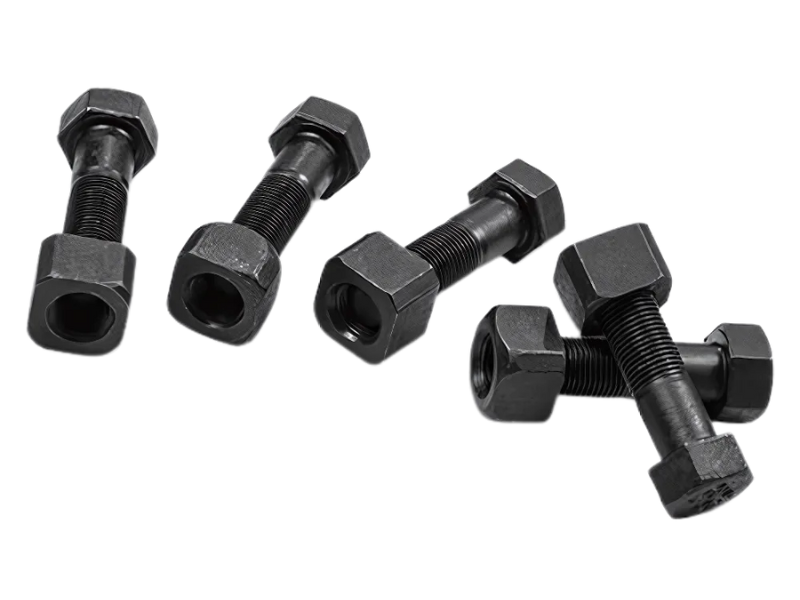
In heavy construction, mining, and earthmoving operations, every component of an excavator plays a crucial role in ensuring both efficiency and safety. Among these, Excavator Bolts often go unnoticed, but they are the backbone of machine stability and reliability. From holding critical joints together to keeping bucket teeth, tracks, and attachments firmly secured, properly maintained and tightened bolts are essential to preventing equipment failure and accidents.
This article explores the importance of securing excavator bolts, the risks of neglect, best practices for bolt safety, and how proper maintenance contributes to maximum efficiency and operator protection.
Excavators undergo extreme stress during operations such as digging, lifting, and demolishing. Each movement creates vibration and strain that transfers directly to the joints and fasteners. Excavator bolts are designed to withstand these forces, but when they are not secured correctly, even the strongest equipment can fail.
Key areas where bolts play a vital role include:
Bucket Teeth & Adapters: Bolts ensure that teeth remain attached during heavy digging.
Track Assemblies: Track shoe bolts keep the undercarriage intact and prevent slippage.
Hydraulic Attachments: Quick couplers, breakers, and augers rely on bolts for secure mounting.
Boom & Arm Joints: Structural bolts handle tremendous stress, keeping the machine stable.
A loose or broken bolt in any of these areas can compromise performance and endanger workers.
Failure to maintain excavator bolts can lead to costly downtime, repairs, or even accidents. Some of the most common risks include:
Equipment Failure – Loose bolts can cause parts like bucket teeth or track shoes to detach during operation, leading to sudden machine breakdowns.
Operator Safety Hazards – A falling attachment or slipping track can cause severe injuries or fatalities.
Reduced Efficiency – Misaligned or damaged bolts affect machine performance, leading to slower work cycles.
Increased Costs – Replacing damaged parts due to bolt failure is far more expensive than regular maintenance.
Legal & Compliance Issues – Safety violations resulting from negligence can lead to penalties and liability claims.
To ensure safety and prolong the life of your machine, operators and maintenance teams should adopt strict practices when handling excavator bolts.
Inspect bolts before and after shifts to identify wear, cracks, or loosening.
Pay special attention to high-stress points like bucket connections and undercarriage bolts.
Over-tightening can damage bolts, while under-tightening can cause them to loosen.
Always follow manufacturer-recommended torque specifications.
Invest in high-grade, genuine excavator bolts designed for heavy-duty use.
Counterfeit or low-quality bolts may not withstand vibration and pressure.
Use lock nuts, washers, or thread-locking compounds to prevent loosening caused by constant vibration.
Incorporate bolt tightening and inspection into preventive maintenance schedules.
Replace worn or corroded bolts immediately instead of reusing them.
Train operators to recognize early signs of loose bolts (such as unusual noises or reduced machine response).
Encourage reporting of issues immediately instead of waiting for routine checks.
Keeping excavator bolts secured doesn’t just protect safety—it also improves operational productivity:
Minimized Downtime: Fewer breakdowns mean projects stay on schedule.
Enhanced Machine Performance: Properly tightened bolts ensure smooth operation of attachments and joints.
Extended Equipment Life: Reduced wear and tear on critical parts lowers replacement costs.
Improved Fuel Efficiency: A well-maintained machine requires less energy to operate efficiently.
While they may seem like small components, excavator bolts are the foundation of safe and reliable operations in construction and mining. Regular inspection, correct installation, and preventive maintenance ensure that your equipment runs smoothly and your operators remain safe.
Remember: investing a little time in securing bolts today can save you from accidents, expensive downtime, and costly repairs tomorrow.
By treating excavator bolts as a critical safety factor, you not only protect your machine but also build a culture of safety and responsibility on every job site.
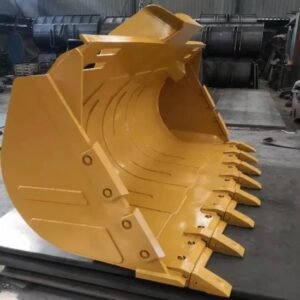
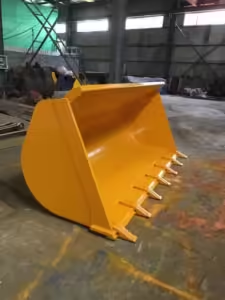
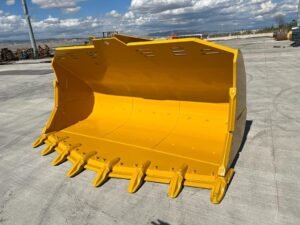
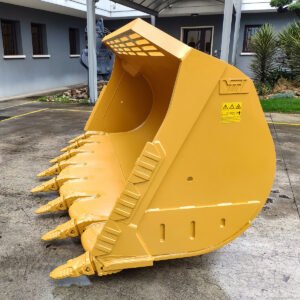
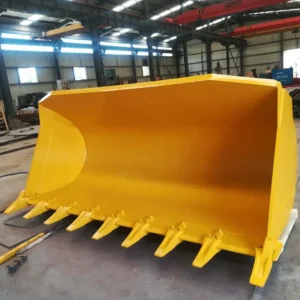
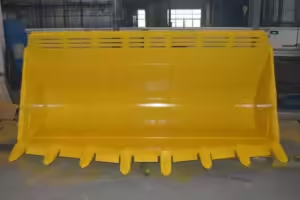
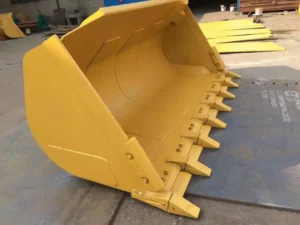
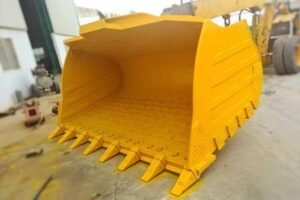
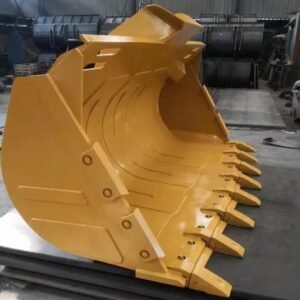
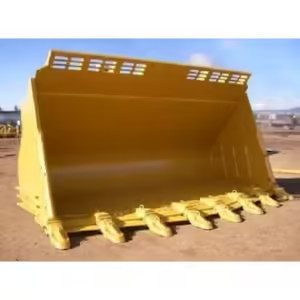
TEAM. All Rights Reserved. Developed by Pixel Tech.